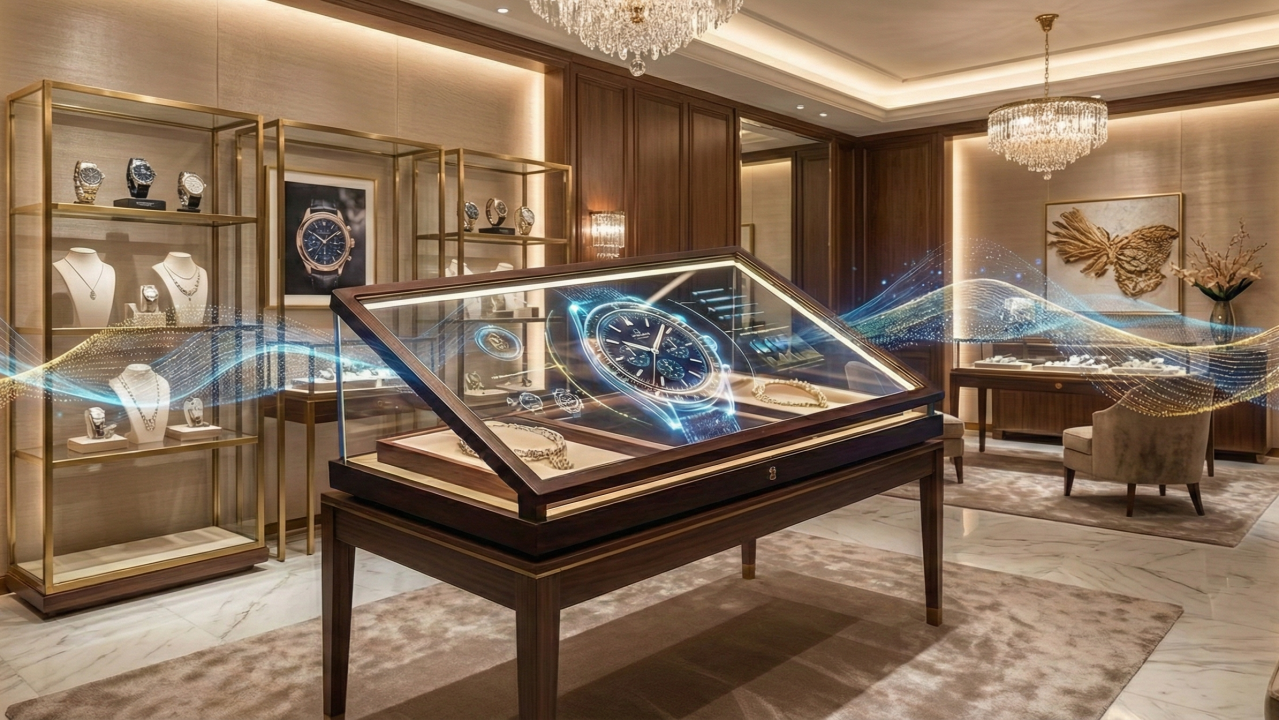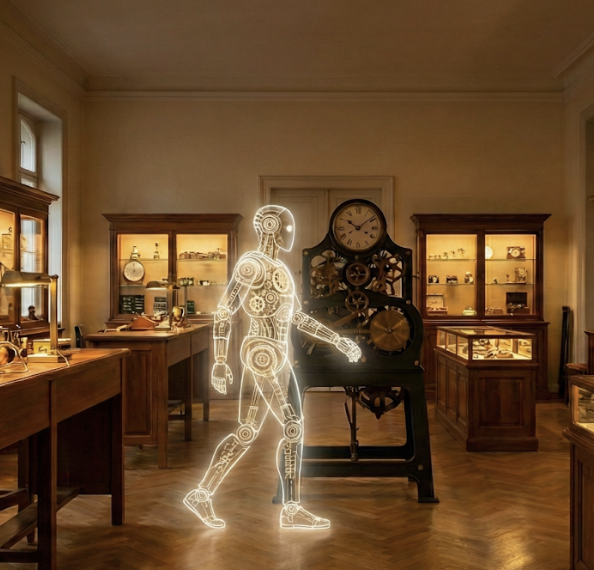The strategic partnership between LVMH and Google demonstrates how brands are embracing digital intelligence tools to reshape the luxury experience. DLG’s Head of Search and Performance Media Benjamin Dubuc explains why the deal is a huge game changer for the luxury giant.

Last month, when LVMH announced a five-year strategic deal with Google to develop business solutions based on artificial intelligence (AI), it raised many questions about how brands are embracing the use of digital technologies to reshape the luxury experience.
Google said they would join forces to empower LVMH’s individual luxury brands to create new, personalised customer experiences that fostered long-term growth, through functions like demand forecasting, inventory optimisation, as well as develop new business use cases at scale and explore co-innovation opportunities by launching a data and AI Academy in Paris.
“This new, unprecedented and significant partnership with Google Cloud is the reflection of our high ambitions in this area. By combining our best-in-class approaches in our respective industries, it will take us a step forward in the use of data and AI,” said Toni Belloni, Group Managing Director, LVMH in a statement.
“For us, privacy, personalisation, and luxury are synonymous, and that will always remain true,” he added. “The new opportunities offered to our customers are exactly what our talented teams are working for at LVMH: a unique and unforgettable experience.”
Indeed, while many brands have been talking about AI over the last few years, LVMH’s move is a giant step forward in the luxury industry to embrace the technology while others are still wondering what to do.
Combining the power of Google Cloud capabilities and LVMH data will enable the group to better identify and understand the luxury consumer in a way never seen before, spotting trends, being able to predict what a customer may want and then being able to really fine-tune and personalise the customer experience.
While the Google Cloud is accessible to every brand, LVMH has an edge when it comes to the data needed to fuel the machine. With no less than 75 brands across multiple industries and more than 5,000 stores around the world, the amount of data points they are able to collect about their customers is unparalleled.
But what will the Google Cloud actually help LVMH achieve?
Firstly, I believe that it will enable the luxury conglomerate to connect their data, allowing them to better understand how “group of customers X” (yes, privacy first) has a high customer lifetime value with their group. Secondly, LVMH will be able to predict the who, what, when and how, allowing it to segment its Ultra-VIP customers to then create specific content and experiences that will reinforce their purchase frequency and avoid churn rate and lastly, LVMH will be able to take actions to improve the overall business efficiency, from customer experience personalisation to product development and logistics.
Connect The Dots
The first point to consider is that LVMH will now be able to connect all its information from first, second and third party data that spans across its different brands, and across the multiple sectors it covers, meaning that the luxury giant will be able to build one of the most complex and unified view of the luxury consumer.
With brands in categories spanning wines and spirits, fashion, hospitality, perfume and cosmetics and watches and jewellery and selective retailing, LVMH already has a significant amount of first party data to analyse, but once you add in second party data from companies that the luxury giant may have partnered with, and then third party data from Google, this creates a never seen before kind of opportunity that every luxury marketer can only dream of.
Predicting The How and When
The second point in the equation is being able to predict. Powered by Google’s artificial intelligence capabilities, LVMH will be able to identify patterns or trends that humans may overlook.
For instance, the best marketers can make connections between three to seven data sources but when it comes to connecting hundreds of thousands of data points together, it’s extremely hard for humans to spot patterns and trends and find a reason for patterns or trends. People are only really good at dealing with a few data points. But when you are able to place everything in context, and connect the dots, suddenly, there are more opportunities to understand the customer in a more nuanced way.
Once companies are able to connect their data points and identify a pattern, then they are able to start their AI journey and build better strategies for business pillars like creative, advertising, product and logistics.

Credit: Courtesy of Louis Vuitton
Data and AI with No Activation Is Useless
In the end, we should expect overall LVMH customers’ experience to be improved along the entire journey.
When it comes to advertising for instance, it could lead to brands knowing what kind of product to push to their clients, which creative strategies to use, at what time, on which channel and so on.
We often talk about AI and machine learning for marketing purposes but let’s not forget that this kind of AI project can also help many other operations such as logistics. Look at Amazon for example, AI helps it to predict when a customer is going to buy a product and move it to the closest warehouse to ensure fast delivery.
Taking in all the factors that LVMH will be able to learn from its findings, the unparalleled view that the luxury giant has will be a huge advantage in the ever-changing landscape of luxury and one that rivals Kering, Richemont and others who hesitate on adopting may lose out on in the race to win over the modern consumer.
And with technology being available for all, we strongly believe that independent luxury brands should start building relevant digital ecosystems that allow them to easily tap into and activate their data, creating partnerships with brands that share their values.










